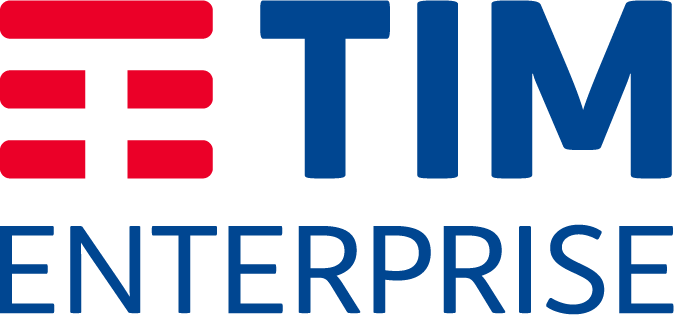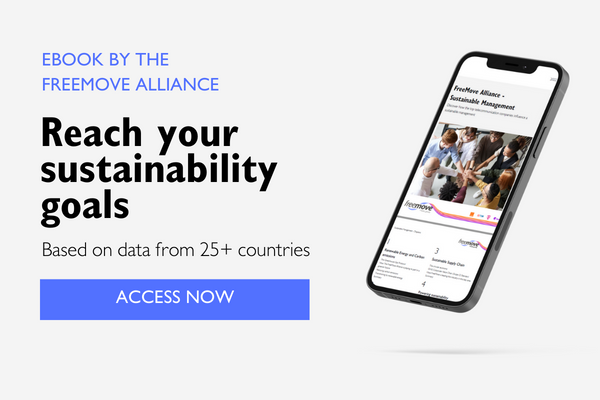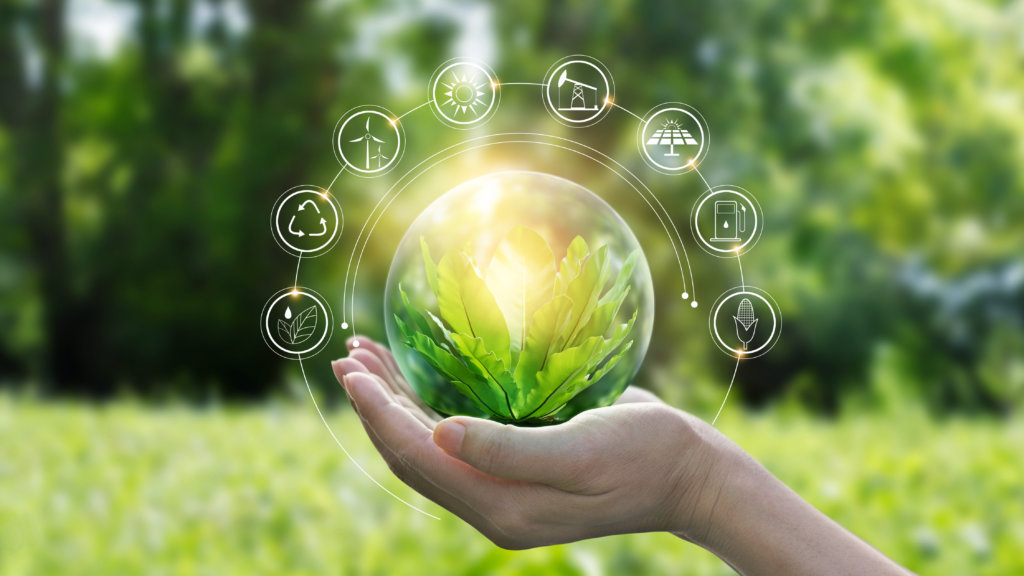When looking at the ICT industry through a circular economy lens, it is clear that it is both part of the problem and the solution. Digitalization will speed up the transformation from a linear to a circular economy the years to come, by fully using the power of Internet of Things and data-driven solutions to use natural resources in a smarter way. At the same time, the industry has a substantial negative environmental footprint.
Telia’s circularity goals and actions
Research from the World Economic Forum estimates that global e-waste volumes will increase by 140% between 2020 and 2050, if companies and governments continue the route of business as usual. To prevent such a development, Telia has defined short- and mid-term goals to accelerate its work to prevent/reduce, re-use and recycle materials with the aim of reaching zero waste within its own and network operations within a decade.
84% of waste materials from Telia’s own operations as well as from network construction and maintenance will be re-used or recycled by 2025.
To further contribute to the circular economy, the company will significantly increase sales of pre-owned/re-used mobile phones as well as phones sold “as a service”. “Device as a service” is a pay-for-use model enabling Telia to prolong the lifetime of devices through repairs, upgrades and refurbishment. It also ensures that phones are returned to the company for reuse or responsible recycling when no longer in use, instead of being left at home in drawers.
New research shows that telcos can unlock value worth billions
The circular economy presents a new way of looking at waste and resources, both within companies’ own operations and across industries. Telco companies are uniquely positioned in the ecosystem to act as an enabler for other industries to deploy digital and circular solutions while acting on their own negative footprint. This is reflected in a joint study by Accenture and Telia which shows that the global telco industry can, by applying circular principles, unlock value that amounts to $45-80 billion annually by 2030.
The Accenture/Telia Company report demonstrates the logics of the circular economy and why it is the key to solve both the climate and the broader ecological crisis. The EU as well as many governments and companies have started to take action. But as of today, only 9% of material inputs in the global economy are cycled back, which shows that we are just at the beginning of an urgently needed transformation.
More collaboration is needed, as well as national and regional circularity plans, complementing and supporting the ones countries already have in place for climate action and GHG emission reductions as a response to the Paris Agreement – to create a joint vision, identify areas for innovation and investments, and align stakeholders around a target state.
Learn more about Telia’s engagement for a sustainable future on
teliacompany.com







